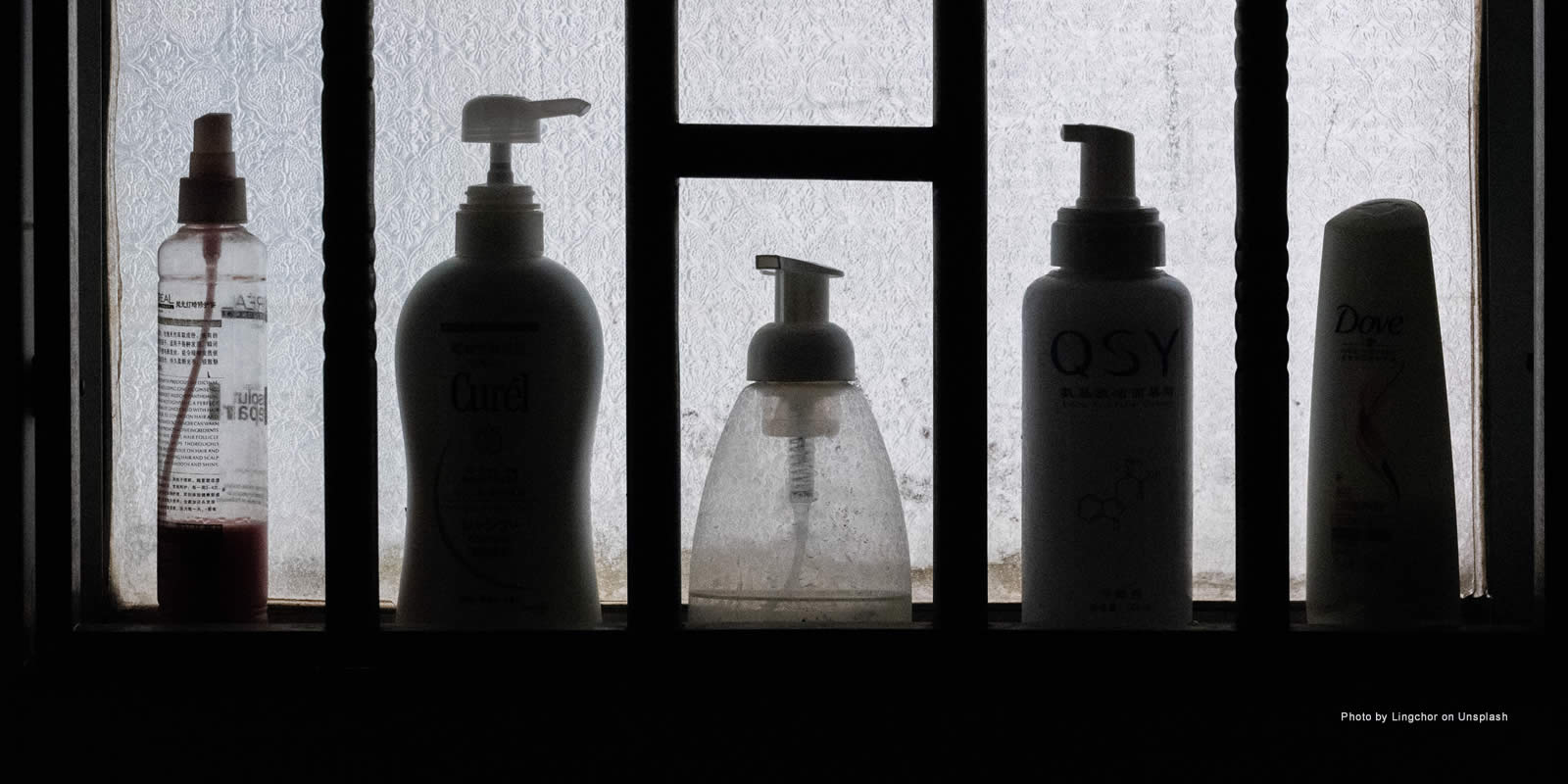Donating Sunscreen Safely
What to Know When Donating Sunscreen and How to Ensure It’s Safe
Author: Yolanda Johnson | Elg Law Trusted Partners
Benzene Found in Name Brand Sunscreens
In the spring of last year, the independent pharmacy Valisure found that 78 of the sunscreen products on the market were tainted with benzene, a chemical that can cause cancer. Benzene is not one of the usual ingredients in sunscreens, which makes it a manufacturing contamination issue. So far, only 10 of the toxic products have been recalled. All of the dangerous products were aerosol sunscreen, which increases the risk of exposure to benzene through inhalation, the most dangerous route of exposure.
If you wish to donate sunscreen to Rose Haven, we suggest you keep in mind the following aspects, as numerous popular products that contain benzene are still on the shelves. While all donations are highly appreciated and useful, it would help tremendously if you took a little of your time to make sure they have no benzene or other toxic chemicals and they are safe to use in the long run. The following are three tips on ensuring the sunscreen you are about to donate is beneficial to the skin health of whoever receives it.
1. Choose Mineral Sunscreen, Not Chemical Sunscreen
We cannot stress enough how different these formulations of sunscreen are. It is no secret that plenty of the harmful substances in chemical sunscreen threaten the health of coral reefs, but also ours. While chemical sunscreen absorbs ultraviolet radiation, mineral sunscreen blocks it, which is, needless to say, healthier and safer. Furthermore, mineral sunscreen contains zinc oxide and titanium dioxide, which are very effective in shielding the skin against ultraviolet radiation and also friendly with the environment.
The problem with chemical sunscreen is that some of these products can lead to health issues over the years if they are used regularly. On the other hand, mineral sunscreen is very gentle, which makes it a great option for people with sensitive skin. Roughly 96% of the sunscreen you can find in the U.S. is chemical, so you might have a little trouble finding mineral sunscreen, but with a little research, you can find the right place that offers it.
2. Beware the Toxic Substances in Chemical Sunscreen
If you decide to opt for a chemical sunscreen, which is understandable, as mineral sunscreen is more challenging to find and more expensive in some places, you can still make sure these products are safe for the users. There are a series of chemicals you should pay attention to in addition to benzene when shopping for sunscreen that is considered a threat to human health. Consequently, you should read the label of the sunscreen you intend to purchase with the following chemicals in mind:
- avobenzone: the breakdown products of avobenzone can cause allergic reactions, disrupt the endocrine system, and block the effects of testosterone
- oxybenzone: as perhaps the most dangerous chemical in sunscreen, oxybenzone has been associated with respiratory tract irritation, higher cancer risk, skin irritation, organ toxicity, and severe eye irritation
- homosalate: in Europe, just 1.4% homosalate is allowed in sunscreen because of concerns for endocrine disruption, but the Food and Drug Administration gives leverage to American companies to use it in concentrations of up to 15%
- octocrylene: it is linked to skin allergies and has been correlated with aquatic toxicity, having the potential to damage coral health
3. Do Not Purchase Sunscreens that Have Been Found to Contain Benzene
Perhaps the fundamental thing to keep in mind when shopping for the sunscreen you wish to donate is to avoid the products of the brands that were found adulterated with benzene. You can easily find the list of problematic sunscreen products online. Because only ten products have been recalled, the remaining 68 are still on the market and most likely contain benzene traces.
There is no safe exposure to benzene, and the chemical is a human carcinogen. Frequent exposure is associated with leukemia, myeloma, and lymphoma in terms of cancer, as well as with aplastic anemia. Shockingly, the products of one of the companies whose sunscreen was tested were found to have a concentration up to 12 times higher than the permissible limit, which is 2 parts per billion.
Significantly more people should wear sunscreen daily, no matter the weather, as ultraviolet radiation is always present outside. Unfortunately, skin cancer is the most common malignant disease in our country. Therefore, if you wish to donate sunscreen, we would be very glad and appreciate it if you considered the advice in this article, as you could help a lot of people in need get access to a crucial personal care product.



